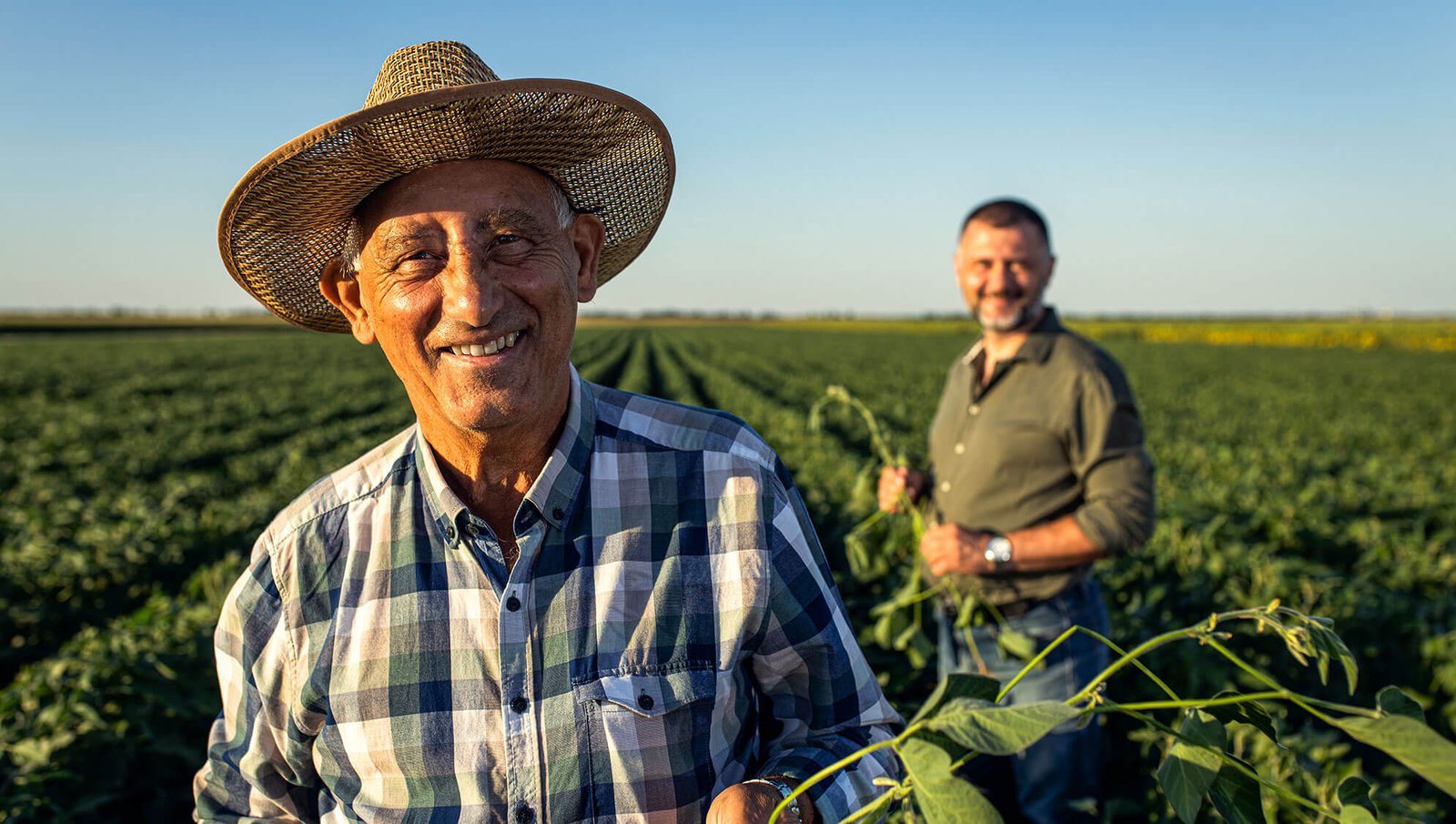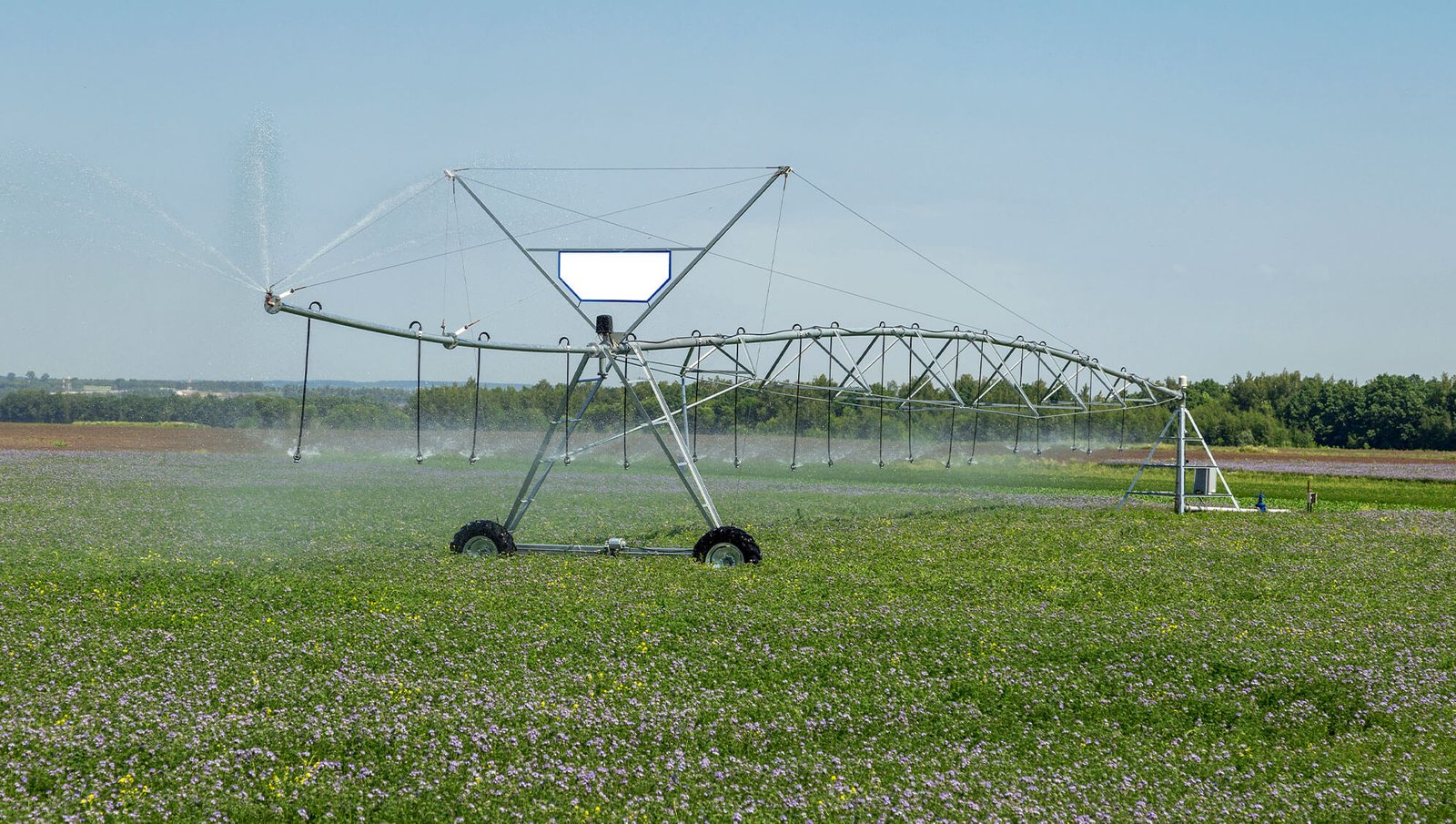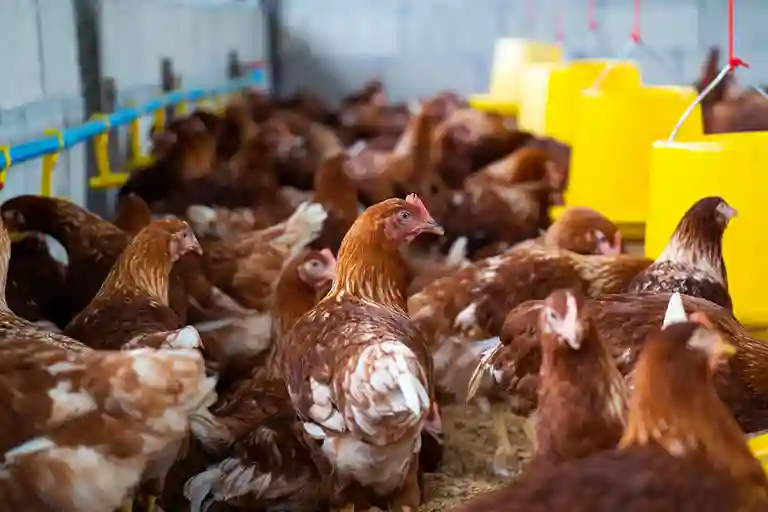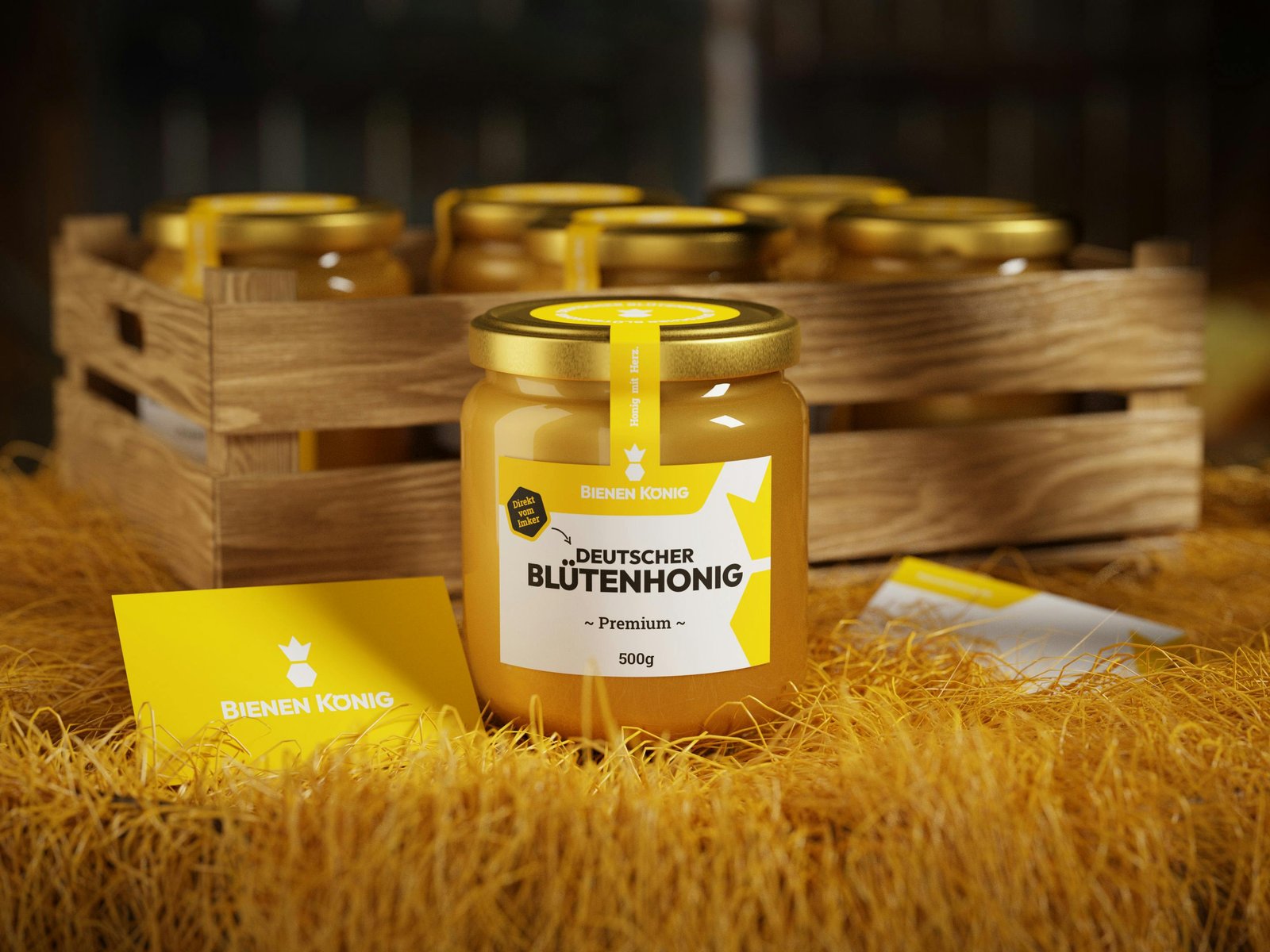Georgia, with its rich soil and diverse agricultural heritage, has been a cornerstone of farming in the United States for centuries. Today, as environmental concerns grow, sustainable farming practices are becoming the backbone of agriculture in the state. Farmers are adopting innovative methods to balance productivity with environmental stewardship, ensuring a healthier future for generations to come.
What Is Sustainable Farming?
Sustainable farming refers to agricultural practices designed to meet current food and textile needs without compromising the ability of future generations to meet theirs. It involves the responsible use of resources, reduction of chemical inputs, and implementation of methods that enhance soil health, biodiversity, and ecosystem stability.
Why Sustainable Farming Matters in Georgia
Georgia’s economy and communities are deeply intertwined with agriculture. The state ranks among the top producers of peanuts, poultry, and pecans in the U.S. However, traditional farming methods can strain natural resources and contribute to issues such as soil erosion, water contamination, and loss of biodiversity.
Sustainable farming addresses these concerns by:
- Reducing the environmental impact of farming.
- Conserving water and soil.
- Supporting biodiversity.
- Increasing long-term productivity and resilience against climate change.
Key Sustainable Farming Practices in Georgia
Crop Rotation and Diversification
Crop rotation helps maintain soil fertility and reduces the prevalence of pests and diseases. By alternating crops such as peanuts, cotton, and corn, Georgia farmers improve soil structure and reduce dependency on synthetic fertilizers and pesticides.
No-Till Farming
No-till farming minimizes soil disturbance, preserving organic matter and reducing erosion. This practice helps retain soil moisture, which is particularly valuable in Georgia’s climate, where droughts can pose a threat to crop yields.
Cover Cropping
Planting cover crops like clover, rye, and winter wheat during off-seasons prevents soil erosion, suppresses weeds, and enhances soil fertility. These crops also improve water infiltration, reducing runoff into Georgia’s rivers and streams.
Integrated Pest Management (IPM)
IPM is a holistic approach to pest control that minimizes chemical use. Farmers in Georgia use natural predators, crop rotations, and pest-resistant plant varieties to manage pests effectively and sustainably.
Water Conservation Techniques
Water is a critical resource in farming, and Georgia’s farmers are adopting technologies such as drip irrigation and soil moisture sensors to optimize water usage. These methods significantly reduce water waste and enhance crop yields.
Agroforestry
Combining forestry and agriculture, agroforestry practices involve planting trees alongside crops or livestock. This approach improves biodiversity, prevents soil degradation, and provides shade for livestock, enhancing animal welfare.
Organic Farming
Organic farming is gaining traction in Georgia, with many farmers focusing on natural fertilizers and biological pest control. Organic certification not only meets consumer demand but also promotes healthier ecosystems.
Challenges Facing Sustainable Farming in Georgia
Despite its benefits, sustainable farming faces several challenges, including:
- High Initial Costs: Transitioning to sustainable methods can be expensive, requiring investments in new equipment and technologies.
- Knowledge Gaps: Farmers may need education and training to adopt new practices effectively.
- Market Pressures: Farmers must balance sustainable practices with the need to remain competitive in the market.
State and federal programs, such as those offered by the Natural Resources Conservation Service (NRCS), provide financial assistance and technical support to help farmers overcome these challenges.
The Role of Consumers in Supporting Sustainable Farming
Consumers play a critical role in encouraging sustainable farming by:
- Buying locally sourced and sustainably produced goods.
- Supporting farmers’ markets and Community Supported Agriculture (CSA) programs.
- Advocating for policies that promote sustainable agriculture.
Success Stories in Georgia
White Oak Pastures
Located in Bluffton, White Oak Pastures is a pioneer in sustainable farming. This family-owned farm employs regenerative agriculture practices, including rotational grazing and solar-powered irrigation systems, to produce high-quality, eco-friendly meat and vegetables.
Atlanta Harvest
This urban farm integrates hydroponics and aquaponics to grow fresh produce near Atlanta. By minimizing water usage and maximizing space efficiency, Atlanta Harvest addresses food insecurity and promotes sustainability in urban areas.
The Future of Sustainable Farming in Georgia
The future of Georgia’s agriculture lies in innovation and sustainability. As farmers embrace eco-friendly practices, they are not only safeguarding the environment but also strengthening Georgia’s position as a leader in agricultural production. Partnerships between farmers, government agencies, and consumers will be crucial in scaling these efforts and ensuring their long-term success.
Sustainable farming is more than a trend; it’s a necessity for Georgia’s agricultural and environmental future. By adopting practices that balance productivity with conservation, Georgia’s farmers are leading the charge toward a more sustainable and resilient food system.












